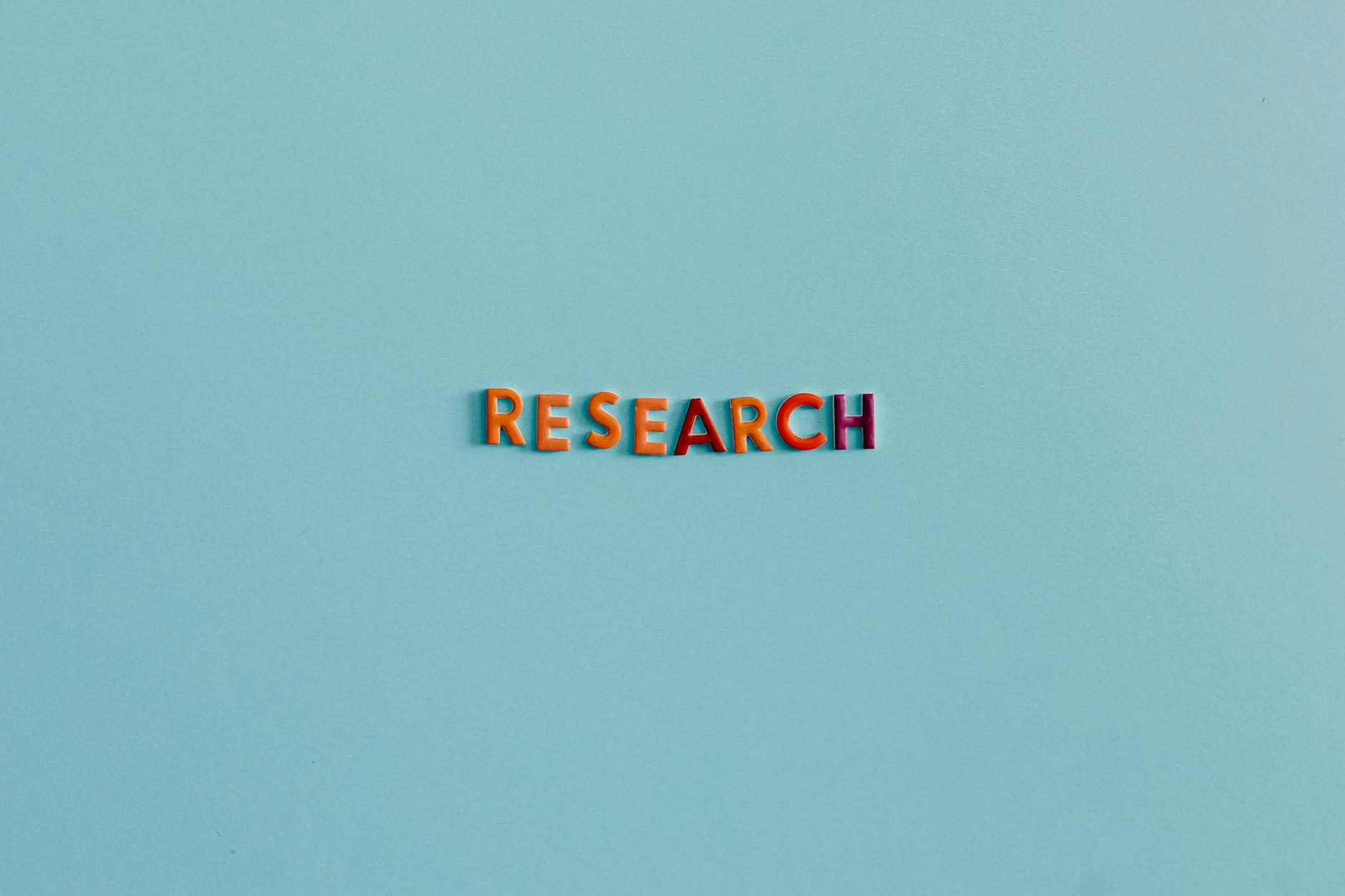New Edition of International Journal of American Linguistics Offers Glimpse into Ongoing Scholarly Work
The ongoing scholarly pursuit of understanding and preserving indigenous languages of the Americas remains a vital, though often under-the-radar, endeavor. The latest issue of the esteemed *International Journal of American Linguistics* (IJAL), specifically Volume 91, Issue 3, released in July 2025, showcases a continued dedication to this critical field of study. This publication serves as a valuable resource, offering researchers and interested parties insights into the complexities and nuances of linguistic diversity across the continents. While the journal’s focus is academic, the underlying themes of language preservation and cultural transmission have significant real-world implications that warrant careful consideration.
Deep Dive into Linguistic Structures and Histories
The July 2025 edition of IJAL, as indicated by its table of contents, delves into a range of topics central to American linguistics. The articles within explore diverse indigenous languages, examining their phonological systems, grammatical structures, and historical development. This rigorous academic work is crucial for documenting languages that may be endangered or have limited documentation, thereby contributing to a more complete understanding of human linguistic capacity and the history of human migration and interaction. The sheer breadth of languages covered, from those in North America to further south, underscores the vast linguistic heritage present in the Americas.
Linguistic Diversity: A Priceless Heritage Under Threat
It is a widely accepted fact within linguistic circles that indigenous languages of the Americas face significant challenges. Factors such as historical assimilationist policies, the dominance of major global languages, and the subsequent erosion of intergenerational language transmission have led to a decline in the number of speakers for many indigenous tongues. The research published in journals like IJAL, while focused on descriptive and theoretical linguistics, implicitly highlights the urgency of these preservation efforts. The loss of a language is not merely the loss of words; it represents the erosion of unique cultural knowledge, traditional ecological understanding, and distinct worldviews that have been shaped over millennia.
Scholarly Perspectives on Language Revitalization
While the table of contents for this specific issue does not provide direct commentary on language revitalization strategies, the very act of detailed linguistic study supports these efforts. By providing foundational linguistic data – grammars, dictionaries, phonetic analyses – researchers equip revitalization practitioners with essential tools. However, the effectiveness of these tools is a subject of ongoing discussion. Some scholars emphasize the necessity of community-led initiatives, where the linguistic data is integrated into programs designed by and for the speakers themselves. Others point to the challenges of securing adequate funding and institutional support for such long-term endeavors. The balance between academic research and community-driven action remains a critical, and at times contested, aspect of language preservation.
Tradeoffs in Linguistic Research and Preservation
The pursuit of linguistic knowledge, particularly in the context of endangered languages, involves inherent tradeoffs. The intensive fieldwork and analysis required to document a language can be time-consuming and resource-intensive. Researchers must navigate ethical considerations regarding data ownership, intellectual property, and the potential for misrepresentation or appropriation of cultural knowledge. Furthermore, the focus on detailed linguistic analysis, while scientifically valuable, may not always directly translate into immediate, large-scale language revitalization outcomes. It is a delicate balance to conduct rigorous academic inquiry while also contributing meaningfully to the survival of the languages themselves.
What to Watch Next in American Linguistics
Looking ahead, the field of American linguistics will likely continue to grapple with the dual imperatives of in-depth documentation and effective revitalization. Advances in digital archiving, corpus linguistics, and computational methods may offer new avenues for preserving and disseminating linguistic data. We may also see an increasing emphasis on interdisciplinary approaches, integrating insights from anthropology, sociology, and education to better understand the social and cultural contexts that influence language use and transmission. The role of younger generations in embracing and adapting their ancestral languages will undoubtedly be a crucial factor to monitor.
Practical Considerations for Supporting Indigenous Languages
For individuals interested in supporting the preservation of indigenous languages of the Americas, several practical avenues exist. Supporting organizations dedicated to language revitalization can provide crucial financial and logistical assistance. Engaging with and learning from indigenous communities who are actively working to revitalize their languages offers direct insight into the challenges and successes of these efforts. Furthermore, advocating for policies that recognize and support linguistic diversity, including the inclusion of indigenous languages in educational curricula and public life, is an important step.
Key Takeaways from Ongoing Linguistic Exploration
* The *International Journal of American Linguistics* continues to be a vital platform for the academic study of indigenous languages.
* Documenting the intricate structures of these languages is a critical step in their potential preservation.
* Indigenous languages face significant threats from external societal pressures.
* Effective language revitalization often requires community-driven initiatives informed by linguistic research.
* The balance between academic study and practical application in language preservation presents ongoing challenges.
A Call to Recognize and Support Linguistic Heritage
The ongoing work documented in academic journals like IJAL underscores the profound linguistic richness of the Americas. It is incumbent upon us to recognize this heritage not just as an academic curiosity, but as a vital component of cultural identity and human knowledge. Continued support for linguistic research, coupled with a commitment to empowering indigenous communities in their revitalization efforts, is essential for ensuring these invaluable languages endure for future generations.
References
* The University of Chicago Press: International Journal of American Linguistics: Table of Contents. This provides the official listing of articles and contributors for the journal.
University of Chicago Press – IJAL Volume 91, Issue 3


